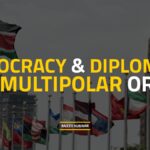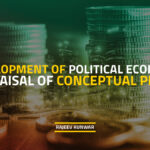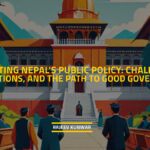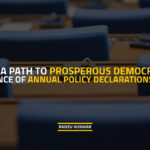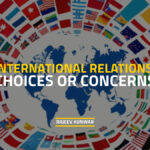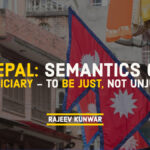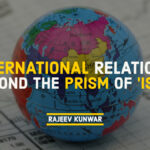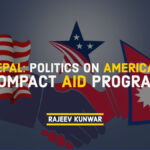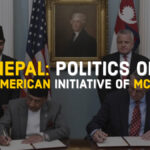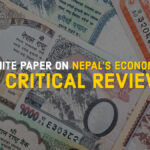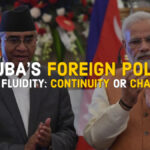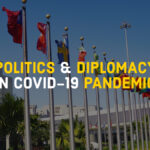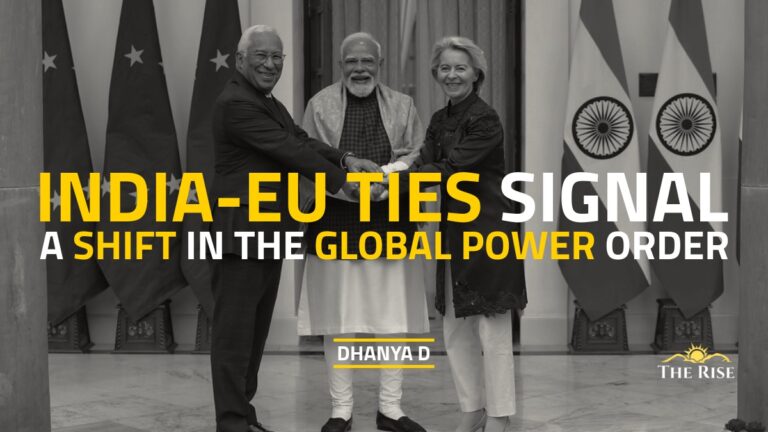Mainstreaming and streamlining five strategic directions among many strategies enacted so far can be mooted in anti-corruption issues, concerns and stakes: national integrity, constitutional supremacy, public perception and misperception, an international coalition, knowledge base and sustainable learning.
Since the birth of the nation-state, corruption has manifested in one form or another. An intrinsic nature of corruption has created a tremendous burden on the state and society. It has caused strain and stress on maintaining the national integrity system and eroding global integrity goals, mission and vision. Governmental, non-governmental and civil society at national, regional and international levels are relentlessly endeavouring to extirpate this phenomenon and install a state and society based on transparency, integrity and accountability. State sector reforms, coalitions to that end and from the grassroots to the upper echelons, anti-corruption movements and sentiments are common. Policy advocacy, civic awareness, good governance outreach programs, networks and initiatives are much discussed. However, pertinent questions hover over its effectiveness in translating anti-corruption into action, law implementation, and enforcement.
Also Read: The Broken Ladder: Exam Failures and the Crisis in Indian Education
Corruption is defined as an abuse of power, position and resources – human, material, economic and financial or distrusting for personal, public and private benefit. Corruption abets malefic consequences to discredit democracy, curb or violate its rich dividends (ethos, norms and values) to the demos or the people and undermines trust in government and governance. Corruption obstructs achieving genuine economic growth and ultimately stunts the achievement of sustainable development goals, an edict in the global public policy of the United Nations. Corruption has become an international vice.
In public affairs comprising political and administrative domains, and economic, financial and social sectors, corruption persists in varying degrees. Bribes, kickbacks, illicit dealings and illegal payments, procurements, logistics, arrears and over-drafting, nepotism, favouritism, irresponsible in duties, rights and freedom, abuse of state and government gifts, smuggling, trafficking, irregularities in contracts, political interventions and bureaucratic misconduct while performing jobs are salient features of corruption we witness today. Public and private sectors are prone to these monetary and non-monetary enticements endangering ethics, morals and code of conduct and compromising quality and quantity in public goods and services and market products.
We need to ascertain the causes of corruption. Democracy is in decline, erosion and decay due to poor quality of institutions, agencies, and organs of the government, legal impunity, lack of vigilance, social demonstrative effect perpetuated by the lure of lucre and capital greed, income inequality, poor competence, fraud activities, state monopoly on resources, political patronage and a weak rule of law are some of the traits to foster corruption in any country across the world. Poor governance and corruption are implicit issues that ousted governments, particularly in Nepal. Ineffective and inefficient public service delivery coupled with toxic work culture and office culture adds to the burden of corruption.
Mainstreaming and streamlining five strategic directions among many strategies enacted so far can be mooted in anti-corruption issues, concerns and stakes: national integrity, constitutional supremacy, public perception and misperception, an international coalition, knowledge base and sustainable learning.
Anti-corruption missions must underline a drastic reduction of corruption in everyday public affairs and envision a country and the world free from it. There are core values to uphold while conducting an anti-corruption drive such as democracy, integrity, accountability, justice, coalition and courage. The main objective is to combat and curb its extensity. It is required to promote integrity and enrich local, national, regional and global experiences in promoting anti-corruption principles. A strategy against corruption prevents, cures and deters it from a multidimensional approach with inter-allied stakeholders.
Additionally, ombudsman management, autonomy, assessment and rating, networks, coalition, anti-corruption tools, media advocacy (civic sense and sensitization), equipping adequate resources and changing governmentality uncover operational competence, epistemic skills, internalization and realization of its imperatives and consolidate legitimacy and constant engagement in its noble pursuit. A zero-tolerance against corruption is not a rhetorical stance but a concrete reality that is possible in our dealings. Our journey in state and society in this matter is continuous because laxity and flexibility in positions would always evoke and exact a clarion call to check and control corruption and misconduct in public affairs and the public sphere at every level.
Mainstreaming and streamlining five strategic directions among many strategies enacted so far can be mooted in anti-corruption issues, concerns and stakes: national integrity, constitutional supremacy, public perception and misperception, an international coalition, knowledge base and sustainable learning. We can, at least, hope that the tentacles of corruption can be controlled with robust political and administrative will and a full watch and critique of civil society and vigilant public intellectuals. Now, finally, about the parliamentary system, the maxim ought to be “no taxation and representation without anti-corruption in action.” And a bonafide global citizen should say “no to corruption.”
Disclaimer: The views expressed in this article are of the author solely. TheRise.co.in neither endorses nor is responsible for them. Reproducing this content without permission is prohibited.
About the author
Mr. Kunwar is a politics and international relations analyst based in Kathmandu.




